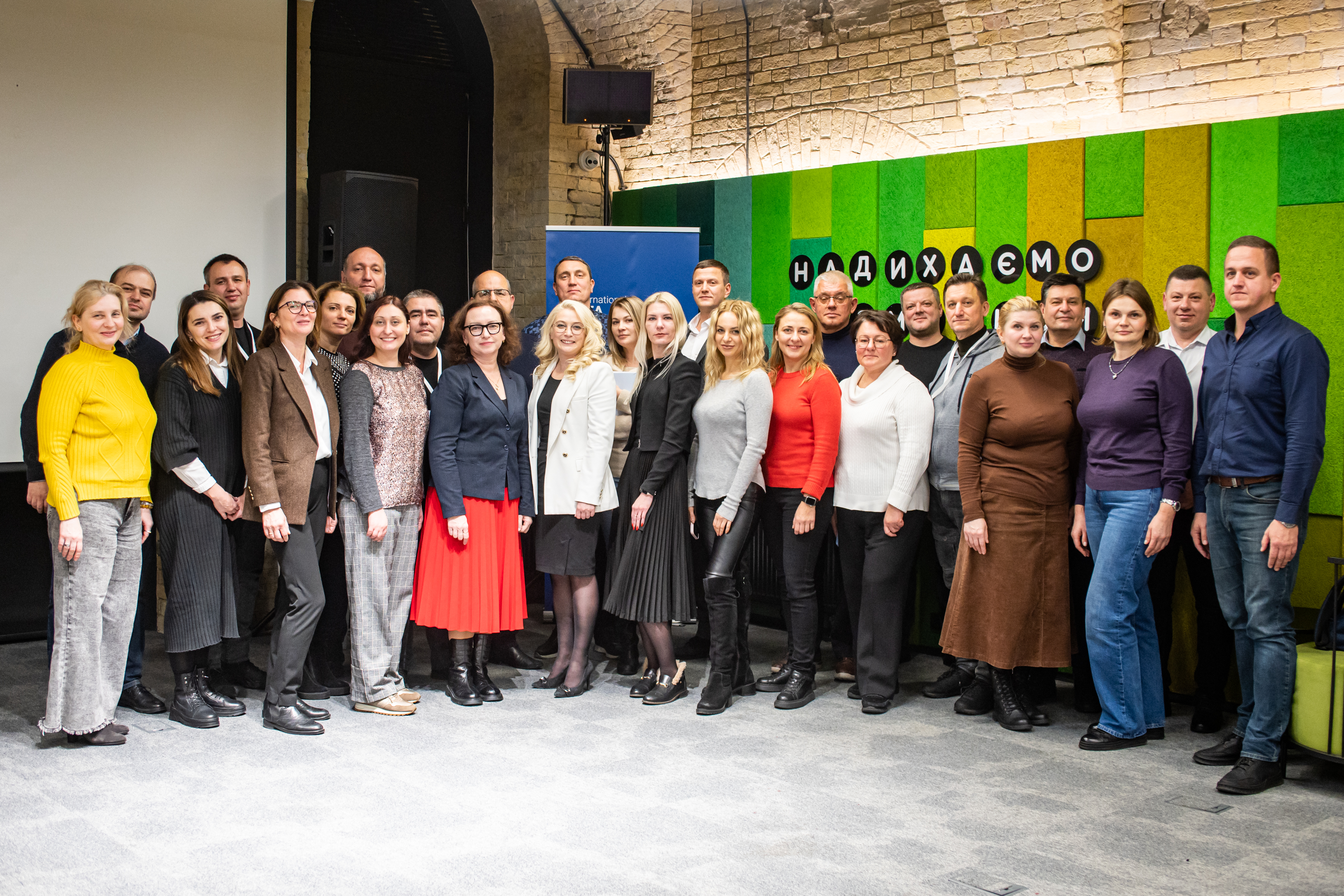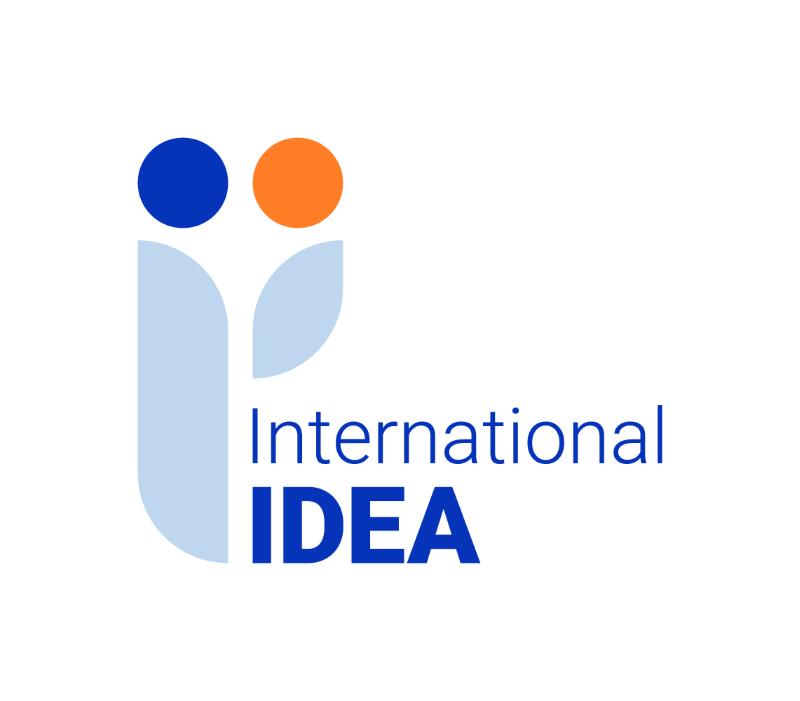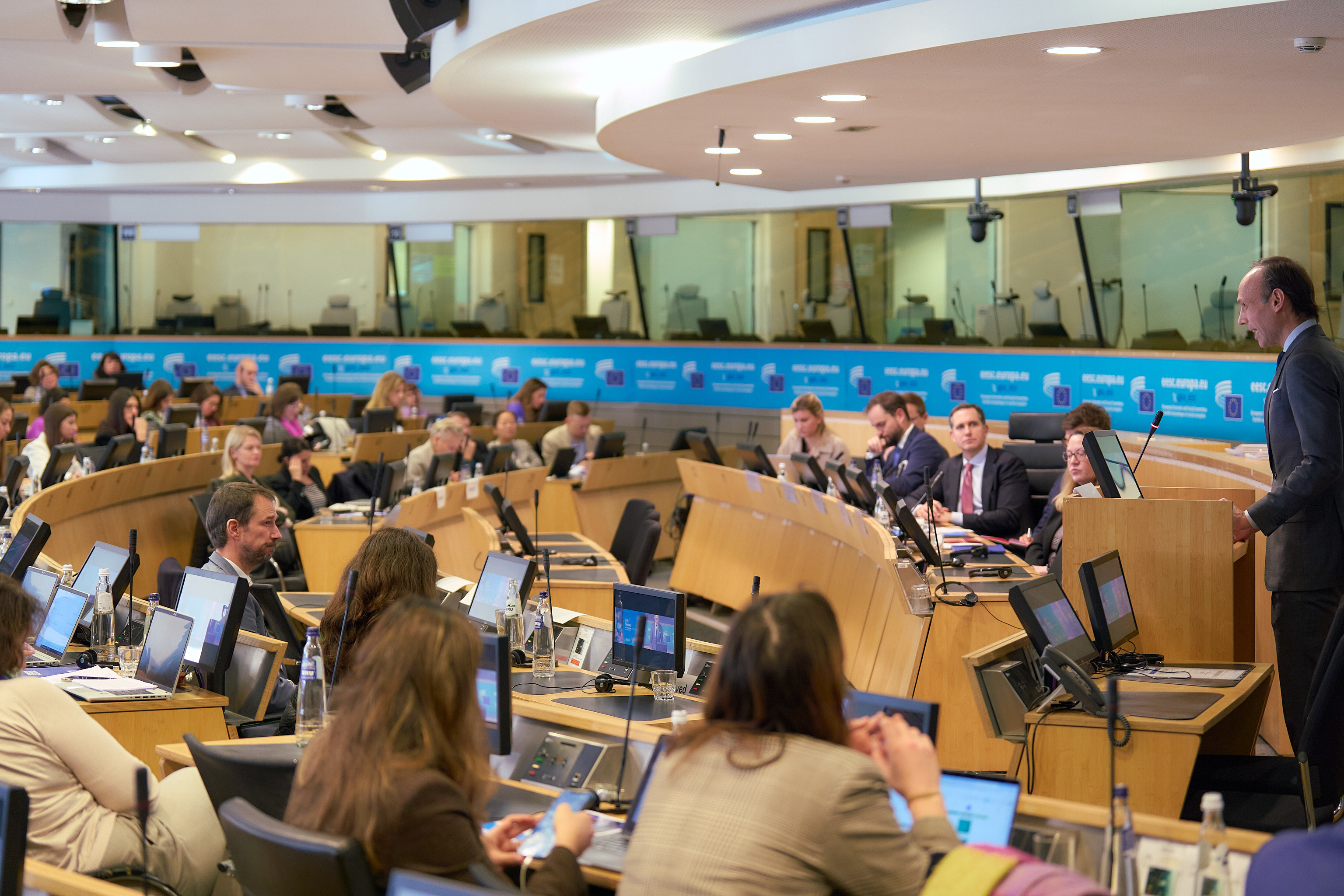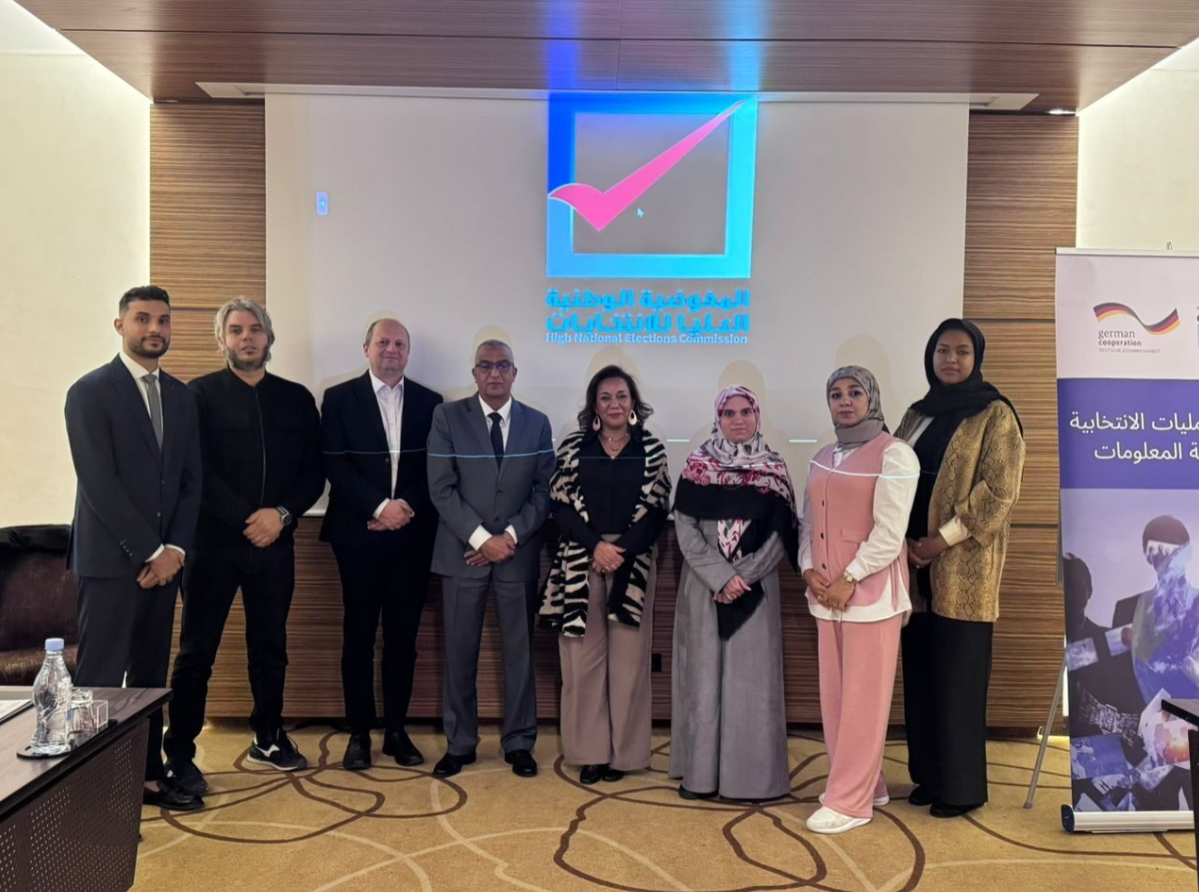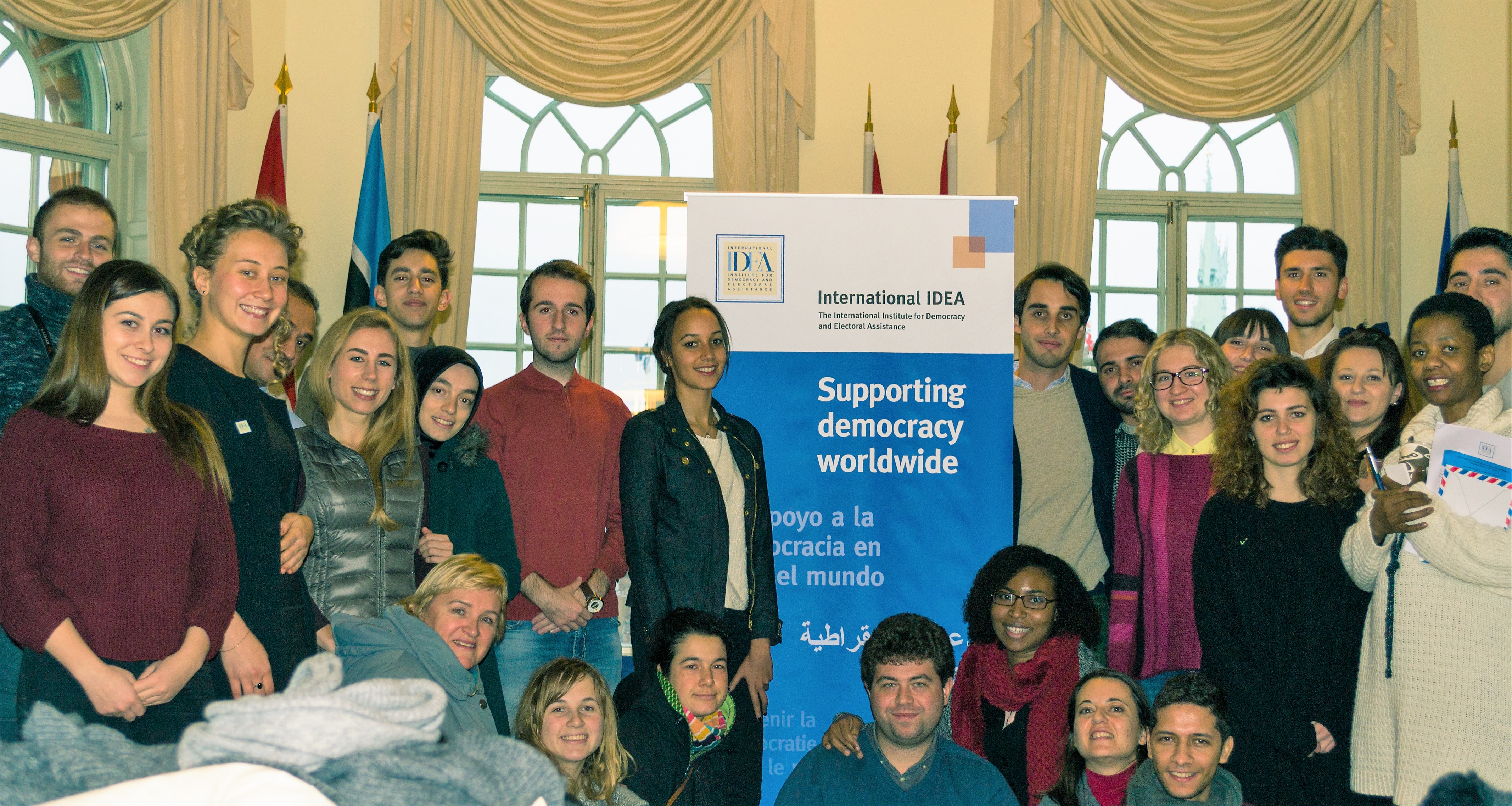
“Since I was born, I never got to vote. The same person has been in power for 30 years. Nothing would change if I could vote”, said Yaccub Said Islam of Cameroon.
On 2 December, International IDEA welcomed 24 youth representatives from eight countries, as part of an Erasmus+ training on engagement. During the visit, in Stockholm, participants shared their thoughts on how alternative forms of youth participation could be linked to policy-making and how young people can be more involved in democratic processes.
One of the suggestions highlighted by those present was to use social media as a platform where young people can be better consulted, as well as being involved in programmes on a peer-to-peer basis, where they can learn from other young policy influencers. Both strategies were actively practiced by the “Center for Intercultural Exchange”, the hosting organization in Sweden and the “Group of the European Youth for Change” (GEYC), the Romanian Youth organization.
The inclusion of civic education in school curriculums also was put forward as a recommendation: “Formal education is the first form of education for young people. We need to highlight youth participation in school education”, said Marina Trajkovska of Macedonia. One of the key challenges identified was that civic education and support to youth initiatives vary from country to country. “Young people in Germany, the Nordic countries and the United Kingdom find it more motivating to get involved in politics when they have support from decision-makers, but in countries where that is not the case, they are less motivated", said Dimitrije Jovićević, who comes from Montenegro.
The workshop participants also noted that making participation attractive for young people is another challenge:
“We need to be aware of the youth culture where everything happens very fast", said Nicolàs Gemio from Spain. "For example, video games is a world where you can easily achieve things. We need to make young people understand that political participation can also give them a reward. Not the direct reward that video games gives, but a reward that would mean something in the long term”.
Acknowledging that the inclusion of young people in democratic processes safeguards the future of democracy, participants emphasized the importance of building bridges between policy makers, researchers, senior practitioners and young democracy influencers.

